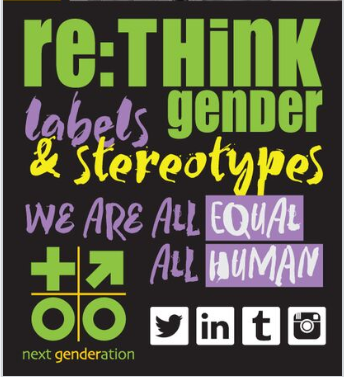
In Jamaica, widespread violence constitutes a serious development challenge that affects men and women across generations. Young men and women are particularly at risk of experiencing violence, albeit in different forms and for different reasons.
For young women, sexual violence is a particular concern: 12% of women report having been forced to have sexual intercourse at some point in their lives, and nearly half of Jamaican women report that their first sexual intercourse was coerced in some way, e.g. through violence, threats, verbal insistence, deception, cultural expectations or economic circumstance (see Jamaica Reproductive Health Survey 2008-2009 for additional data) In line with global trends, Jamaican women who are sexually assaulted are likely to know their aggressors; 85% of young women who experienced forced first sexual relations reported that the perpetrator was a boyfriend.
Like their victims, perpetrators of sexual violence are also young. Official crime statistics show that 57% of perpetrators arrested for rape in 2007 were young males between 16 and 30 years of age, with the highest rates among 16-20 year olds. Similarly, the largest share of persons arrested for other forms of sexual violence in 2007 were males between 16 and 25 years.
How can we explain the high incidence of sexual violence among Jamaican youth?
Through the World Bank’s NextGENDERation Initiative, we have sought to understand whether and how social and gender norms shape youth decision-making and behaviors relating to violence. By listening to young people through focus groups, social media outreach as well as school and community-based engagements, our team has been able to gain more insight into the drivers and triggers of sexual violence among youth, and to provide them with a space to think critically about how gender roles and stereotypes affect their attitudes and actions with regard to dating, relationships and sex.
Our research reveals drastically different views among young men and women as to what constitutes sexual violence. Pressure to publicly define themselves as “real” men can lead boys to exaggerate their masculinity through risky behavior and sexual experiences that focus on sexual achievement rather than intimacy. Within focus group discussions, many young men interpreted violent sex to mean “rough sex,” claiming that women enjoy it: “sometimes they like when man use roughness on them, they like it that way”. Young men perceive that women prefer a “hardcore” man over a romantic one. The majority of female participants said that violent sex was unacceptable, and that, instead, “women like to hug and kiss and touch.”
Young men generally voiced that it is a girlfriend or wife’s obligation to provide sex. Forcing sex was not a concern to many involved in focus group discussions: “no man’s girlfriend is supposed to tell him no sex tonight or tomorrow night”; “your wife isn’t supposed to withhold sex from you”. Women-only groups decried this behavior as rape – “maybe she doesn’t feel to have sex, so he’s supposed to understand. He’s not supposed to take sex. It’s rape to me”.
Rethinking gender stereotypes to change behavior
Such diverging views on sexuality and gender roles can obviously fuel tension and violence within relationships. In a bid to change mentalities and reduce the incidence of sexual violence, the NextGENDERation Initiative looks to foster constructive dialogue on gender norms through a wide range of activities, including a national social media campaign, school and community-based dialogues, and engagement of civil society and government actors involved in violence prevention in Jamaica.
NextGENDERation research exposes an immediate need for youth to develop the skills they need to help them resolve conflicts, to redefine rigid stereotypes that influence their behavior, and to help them define and pursue caring relationships based on mutual respect. Community and school-based programs are essential to providing youth with a space to reflect critically on gender norms and produce more equitable attitudes concerning gender roles, including those related to sex and dating.
While behavior change will not happen overnight; giving both genders a chance to talk about their perceived roles and the stereotypes associated with each of them is an essential first step to promote mutual understanding and respect.
The Next GENDERation Initiative is a partnership between the Bureau of Gender Affairs and the Planning Institute of Jamaica (jointly led by these two agencies); the Ministries of Youth and Culture, Education and National Security; the Inter-American Development Bank and the World Bank




Join the Conversation